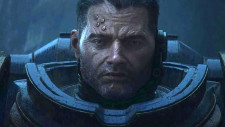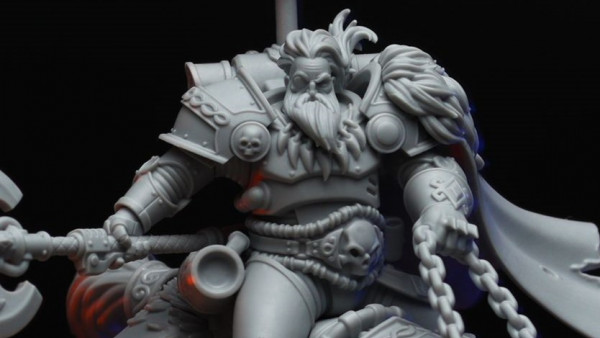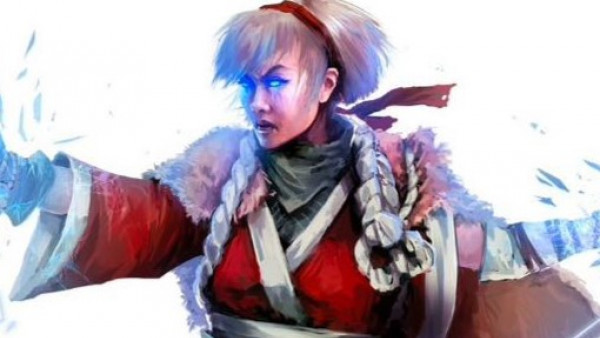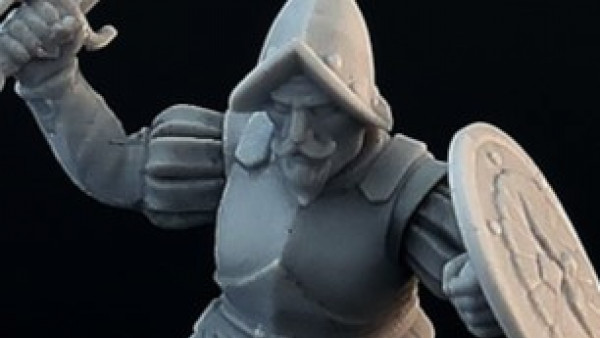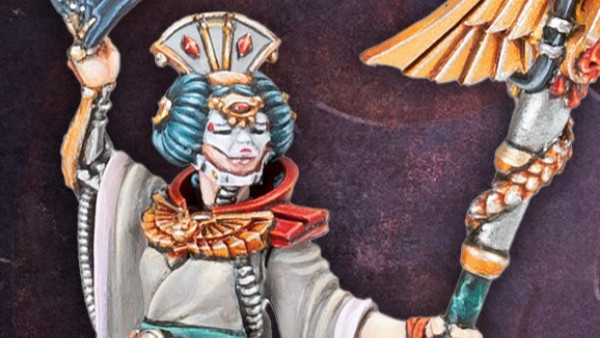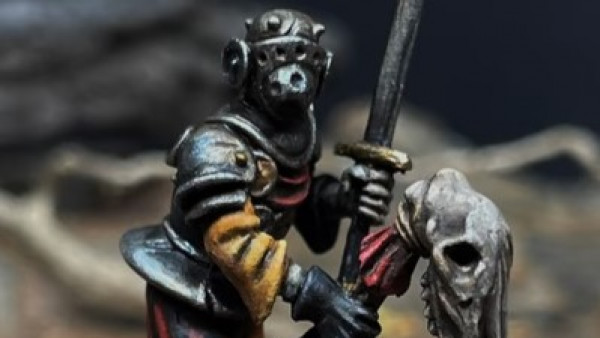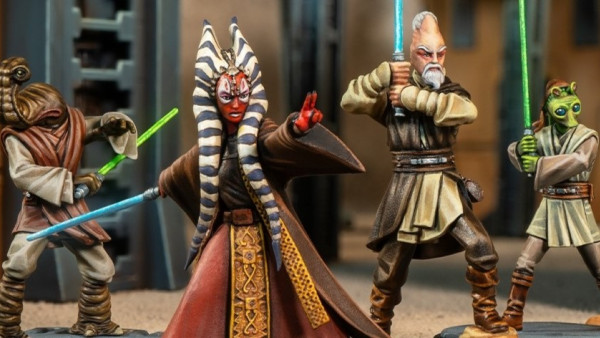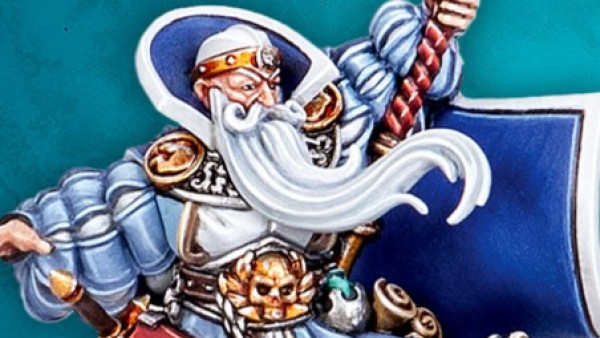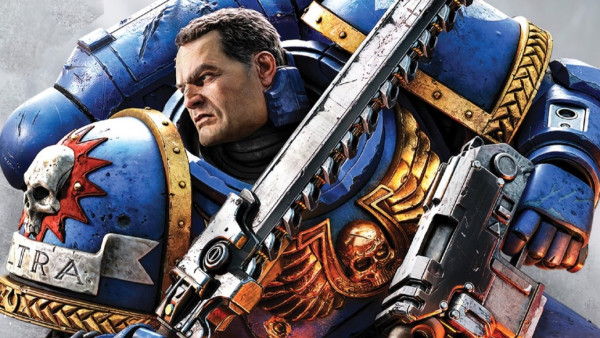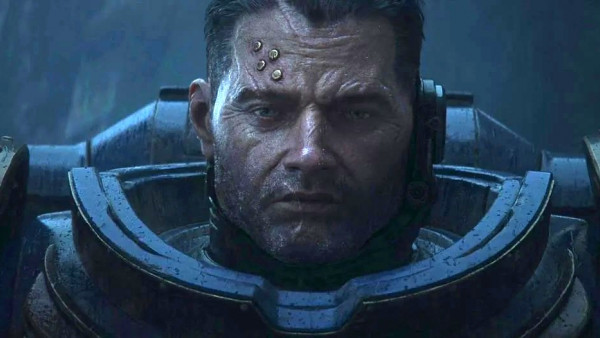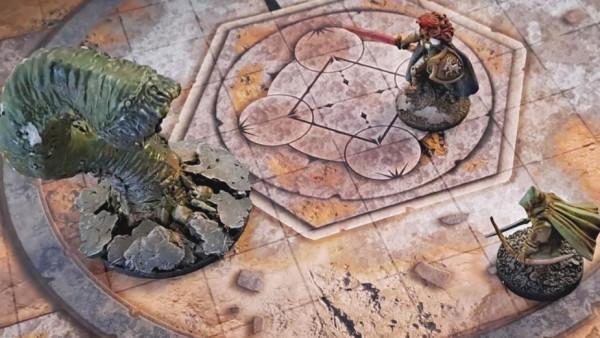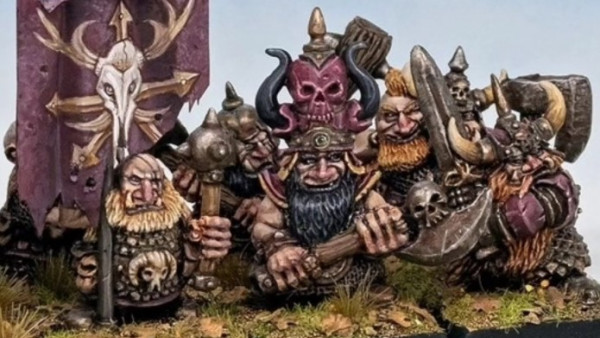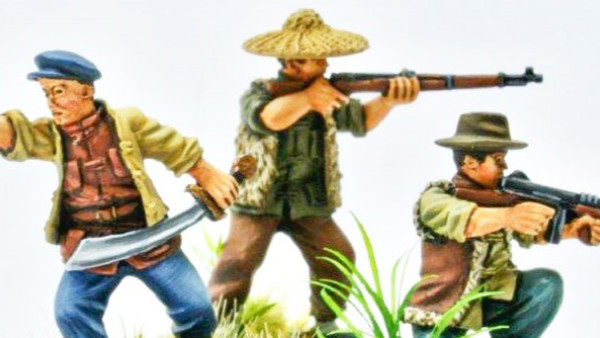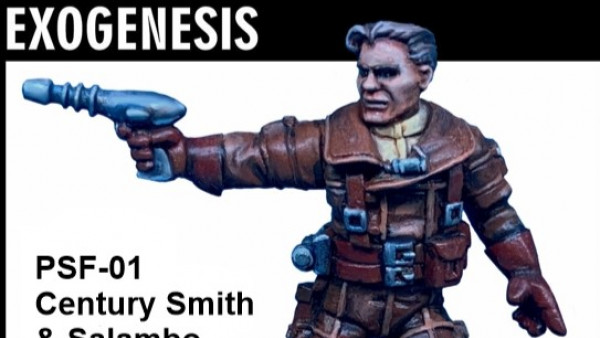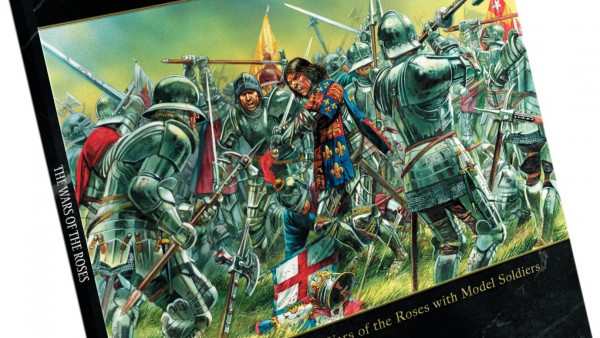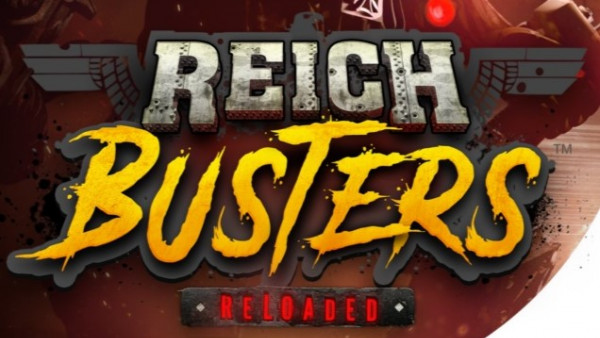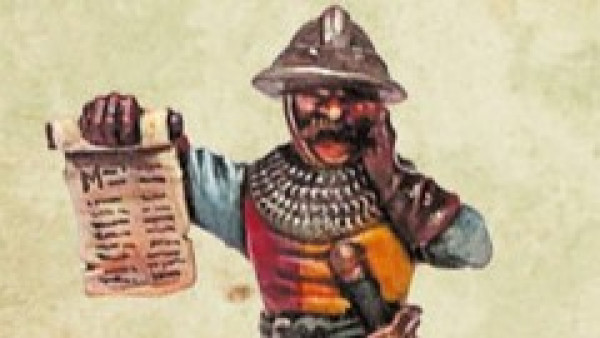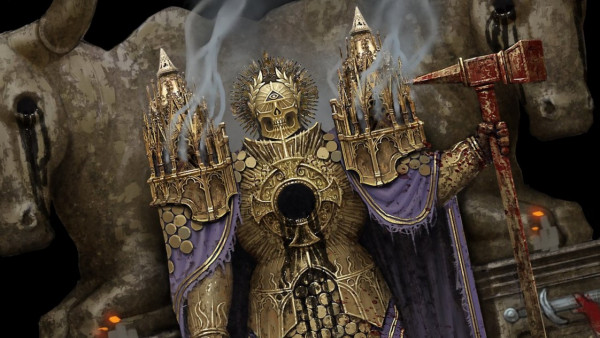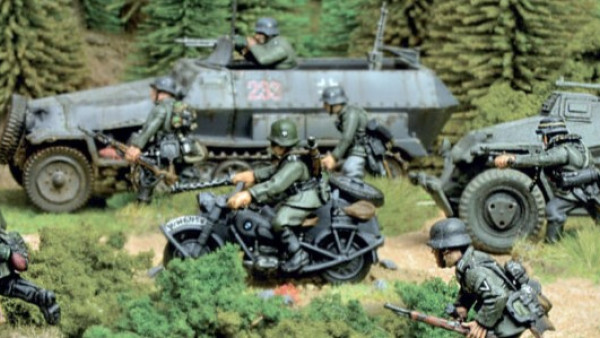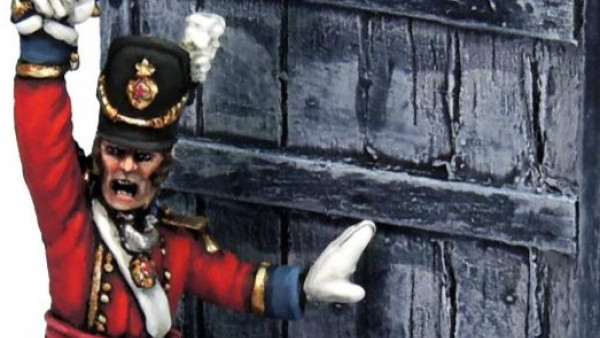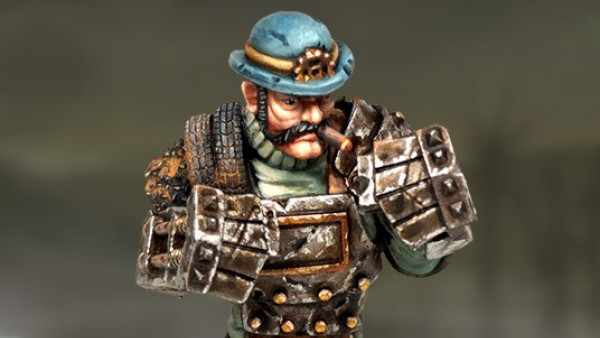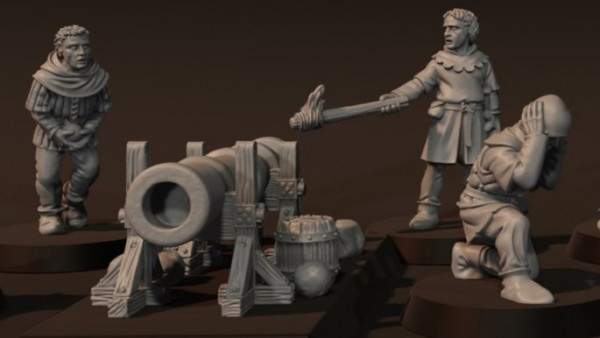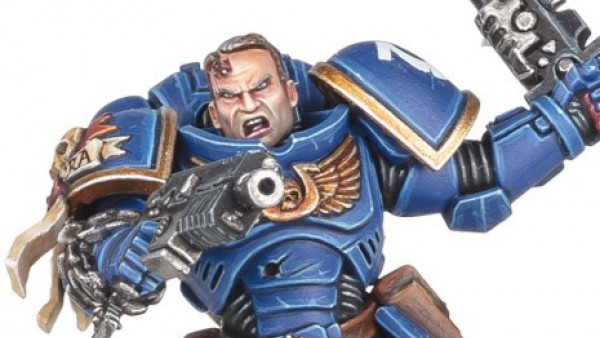Home › Forums › News, Rumours & General Discussion › Narratives in Gaming › Reply To: Narratives in Gaming
Great questions and great topic for a forum post.
For narrative in wargames, I would agree this comes with several “levels” or “scales.”
For working narrative into a wargame, I’ve always found it’s key to ensure it has a mechanical impact in the game. Weaving the effects of the narrative into the actual abilities of the man or unit is what knits the narrative and wargame mechanic together into an indivisible whole.
Pages and pages of badly-written fan-fiction is one thing, but if its doesn’t lead back to the table somehow, I find people tend to drop it or lose interest.
In Darkstar, what has the players keep coming back for years on end is accumulating campaign points. Being in a battle and surviving gets you one. Being on the winning side gets you two. Sometimes if there’s an extremely large, important, or just dangerous (starship battle in the clouds of a gas giant, perhaps) you get a few more. With every six points, you choose from a list of “Battle Upgrades” or “Campaign Upgrades” that either promote your rank, promote your ship (destroyer to light cruiser, for example), accurate gunnery, accurate torpedoes, elite aerospace fighters, elite marines, there’s a whole list. You can win medals, win star systems, win wars, lose all the same, etc.
Some people cry “augh, paperwork! ” Yes, because you have to count to six. The horror. Then they try to show me their notebooks of aforementioned fan-fiction.
In Historicals, we’ve done something similar, fighting through a year of the Eastern Front with Panzergrenadier Division Grossdeutschland with Avalon Hill’s PanzerBlitz. We each picked a battalion somewhere in the division’s OOB, became that unit’s commander, recreated that battalion’s OOB, and tried to fight through a series of historical games recreating key battles from July of 1943 to August 1944. Win a marginal victory, get a campaign point. Lose your command vehicle, get a German Wound Badge. Win a tactical victory, get an German War Cross 2nd Class (2nd Tactical Win gets you a War Cross first class, 3rd Tactical Win gets you Iron Cross 2nd Class. 4th Tactical Win gets you an Iron Cross first class). Decisive victories got you Knight’s Cross, then upgraded to KC w/ Oak Leaves, then Swords, then Swords with Diamonds (none of us got that high …)
You could also upgrade your battalion with new units, better equipment, or even switch battalion “type.” I wound up commanding II. Battalion, Pz Rgt Grossdeutschland, (20 PzKpfw IV-Hs, 20 PzKpfw-V Panthers), German Wound Badge, Iron Cross 1st Class, Knight’s Cross with Oak Leaves, Oberstleutnant rank. My friend wound up commanding the division’s StuG battalion. 😀
Another way is to have a very light, very simple campaign map. Whoever won the last battle gets to pick where the next battle takes place, and whether they are on attack or defense. This allows the winner to shape (in a small but measurable way) the overall shape of the campaign. It leads back to the table by allowing the winner of the last battle to shape the battlefield, choose the victory conditions, and determine opening initiative, almost like real commanders do.
One thing it doesn’t do is give the winner some kind of extra units or points bonus. You hear horror stories of campaigns like this, where a few early wins might give one player a lead from which there is just no recovering for the other player(s). A pitfall to watch out for.
This was the system we used for the Flames of War 4.0 Desert Boot Camp and the Western desert Bolt Action Boot Camp. We literally created our own narrative simply by tracking where the wins and losses are, rather than just tallying up “W”s and “L”s. The narrative here is an almost emergent property, as the winners get to draw the “big red arrows” on the general’s map, and drive toward key sites like enemy HWs, rail lines, bridges, cities, airfields, etc. At these boot camps, you’d hear players mutter: “Okay, we lost the last two but we HAVE to win this one …” because suddenly the battles became important in a larger context.
Just a few short ideas, I don’t want to paste up a wall of text.































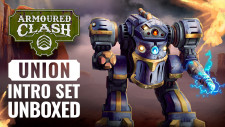

![How To Paint Moonstone’s Nanny | Goblin King Games [7 Days Early Access]](https://images.beastsofwar.com/2024/12/3CU-Gobin-King-Games-Moonstone-Shades-Nanny-coverimage-225-127.jpg)


